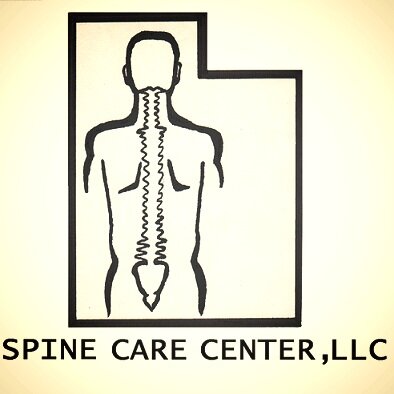Hips Pain and Leg Pain Treatments
Hip Injuries and Disorders
Your hip is the joint where your thigh bone meets your pelvis bone. Hips are called ball-and-socket joints because the ball-like top of your thigh bone moves within a cup-like space in your pelvis. Your hips are stable. When they are healthy, it takes great force to hurt them. Playing sports, running, overuse, or falling can lead to hip injuries. These include:
- Strains
- Bursitis
- Dislocations
- Fractures
Diseases may lead to hip injuries. Osteoarthritis causes pain and limited motion. Osteoporosis of the hip causes weak bones that break easily. These diseases are common in older people. Patient may also experience hip pain due to pathology originating from lower back spine including disk herniation, sacroiliac joint strain, facet joint arthropathy or spinal stenosis.
Treatment for hip disorders include rest, medicines, physical therapy, injections with steroid in hip joint or in lumbar spine, or hip replacement surgery.
Sciatica and leg pain
What is sciatica?
Sciatica is a pain that runs along the sciatic nerve, a large nerve extending from the lower back and down the back of each leg. Sciatica is a common back pain. Although sciatica is painful, it is rare for the disorder to cause permanent nerve damage. Sciatica pain syndromes result from inflammation and often improves within a few weeks.
What are the symptoms of sciatica?
- Pain in the rear or leg that is worse when sitting
- Burning or tingling down the leg
- Weakness, numbness, or difficulty moving the leg or foot
- A constant pain on one side of the rear
- A shooting pain that makes it difficult to stand up
Sciatica usually affects only one side of the lower body. The pain extends from the lower back through the back of the thigh and down the leg. Depending on where the sciatic nerve is affected, the pain might also extend to the foot or toes. For some people, the pain from sciatica can be severe and debilitating. For others, the pain from sciatica might be infrequent and irritating, but has the potential to get worse.
What causes sciatica?
Any condition that causes irritation to the sciatic nerve can cause the pain associated with sciatica. Sciatica is caused by pressure on the sciatic nerve from a herniated disc (also called a slipped disc or ruptured disc). Additional common causes of sciatica include:
- Lumbar spinal stenosis (narrowing of spinal canal in the lower back)
- Degenerative disc disease (breakdown of discs, which act as cushions between the vertebrae)
- Spondylolisthesis (a condition in which one vertebra slips forward over another one)
- Pregnancy
Other things that might make your pain worse include being overweight, not exercising regularly, wearing high heels, and sleeping on a mattress that is too soft.
How is sciatica diagnosed?
In diagnosing sciatica, your doctor will take your medical history and perform an examination of the back, hips, and legs. The examination tests for strength, flexibility, sensation, and reflexes.
Other tests include:
- X-rays
- MRI scans
- CT scans
Nerve conduction studies an image of a During these tests, an electrical current is passed through a nerve to determine the health or disease of that nerve.
How is sciatica treated?
Treatment for sciatica focuses on relieving pressure and inflammation. Sciatica treatments include:
Medical treatments for sciatica, such as non-steroidal anti-inflammatory drugs (NSAIDs), oral steroids.
Epidural steroid injections at the inflamed sciatic nerve roots.
Physical therapy which plays an essential role both for the acute episode as well as long term avoidance of further episodes.
Surgery for sciatica if the sciatic nerve pain is severe and has not been relieved with medical treatments.
Patients should seek immediate medical attention if they have any symptoms of progressive lower extremity weakness, loss of bladder or bowel control.
How Is Hip Pain And Leg Pain Treated?
Medical tests may not show the cause of your hip pain and leg pain. Many times, the cause of hip pain and leg pain is never known. Hip pain and leg pain can improve even if you do not know the cause. We offer injection and non injection therapy to treat chronic hip pain and leg pain. After examination, your physician may recommend one or more of the following treatment options:
- Hip Joint Injection
- Greater Trochanteric Bursa Injection
- Lumbar Selective Nerve Root Block
- Sacroiliac Joint Injection
- Priformis Injection
- Lumbar Sympathetic Blocks
- Trigger Point Injection
- Spinal Cord Stimulation
